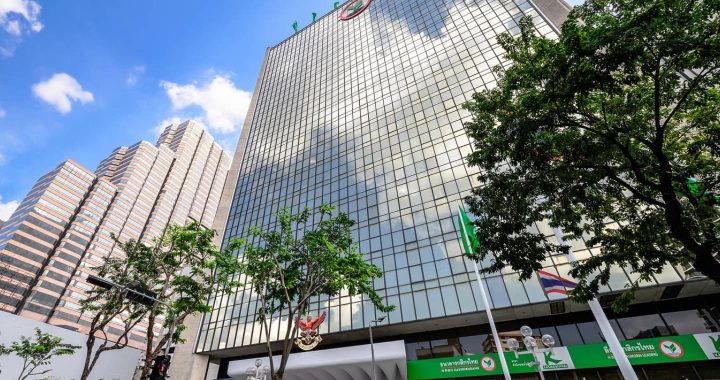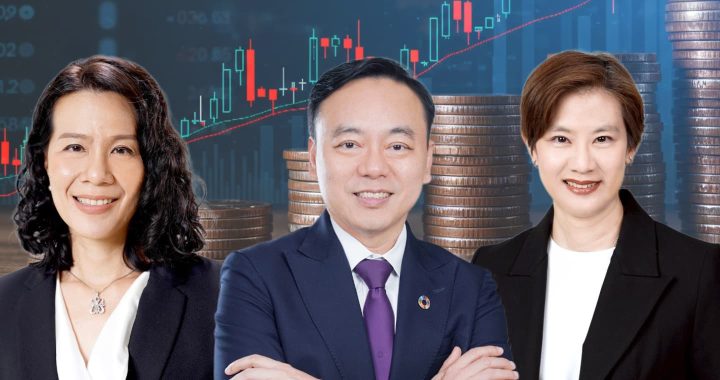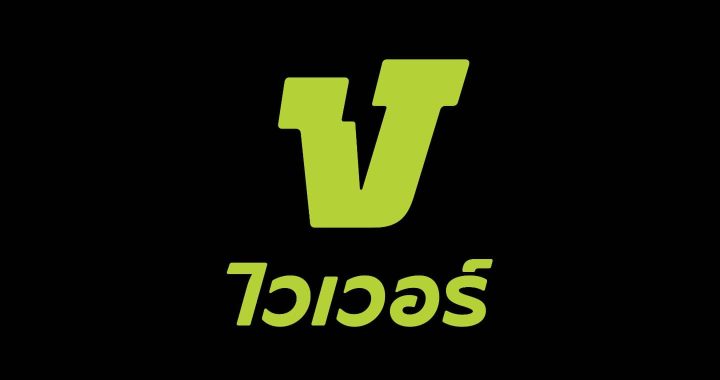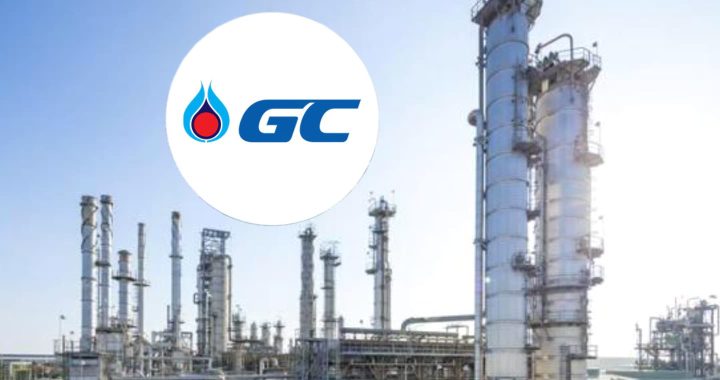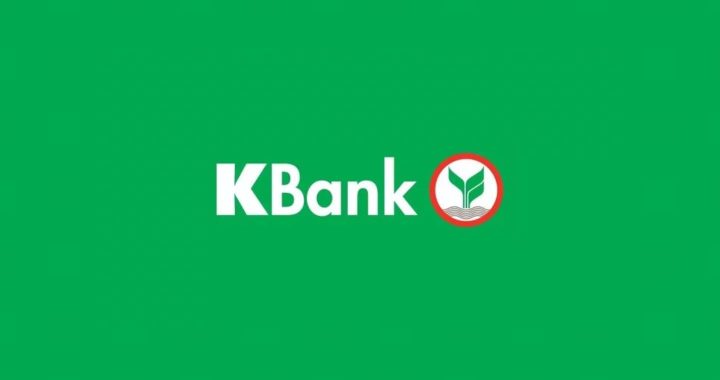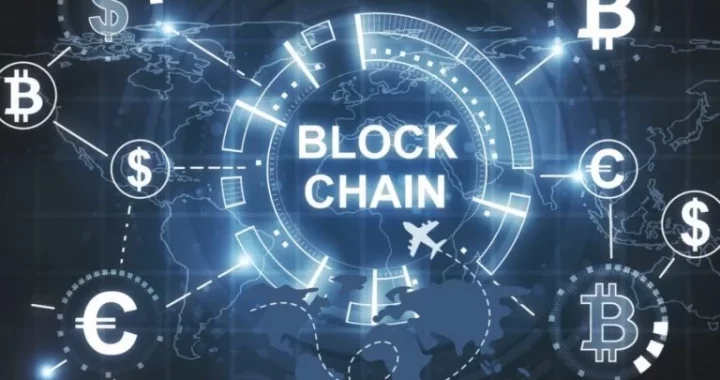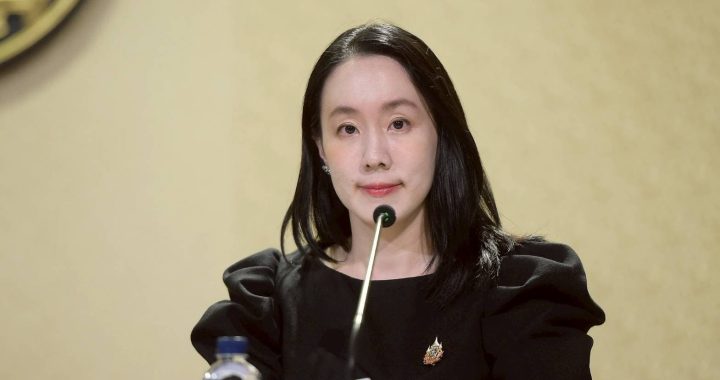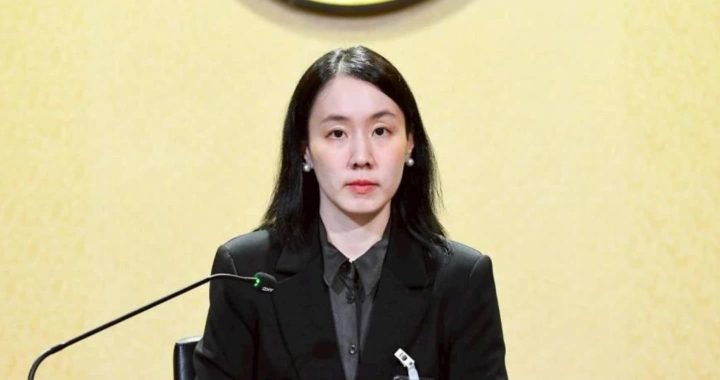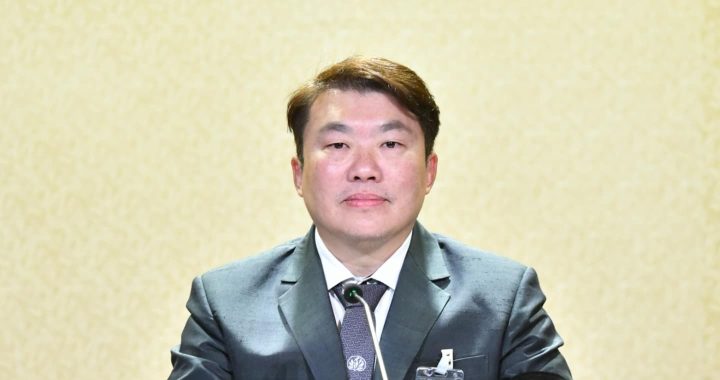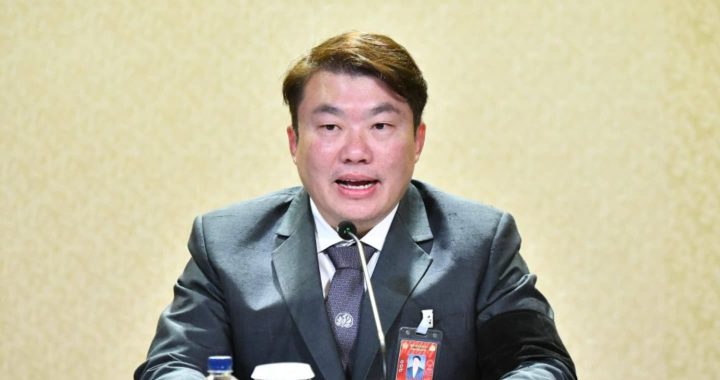KBank Private Banking identifies key turning points for 2023
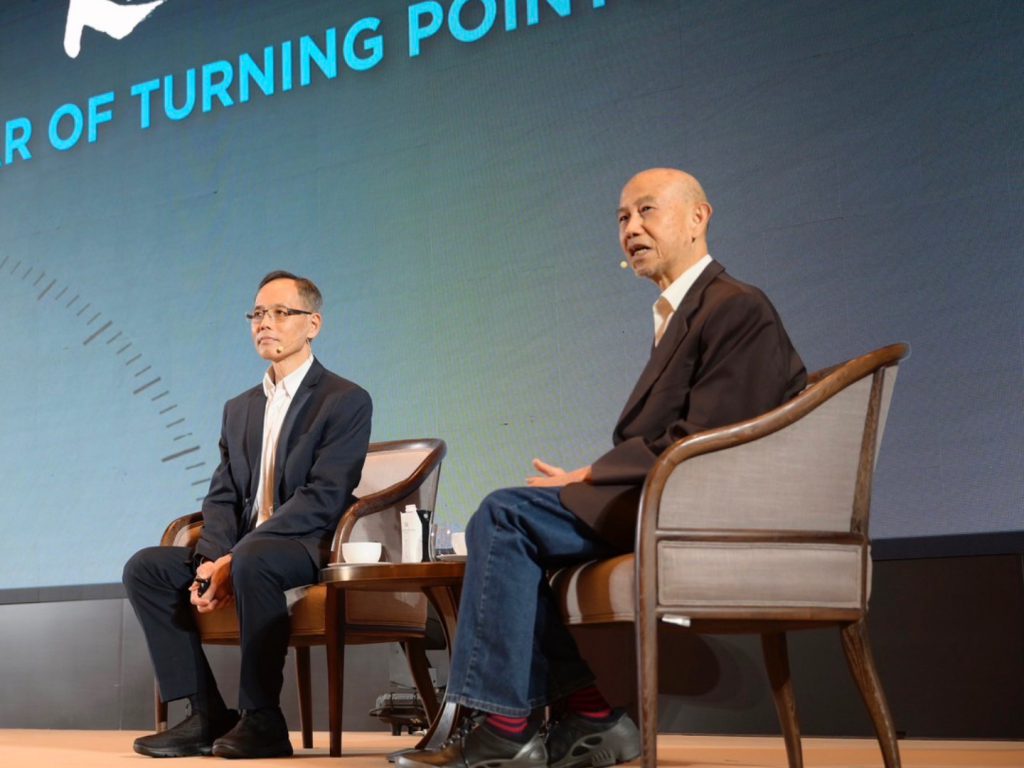
KBank Private Banking, in strategic alliance with Lombard Odier, Switzerland-based global private bank, estimates 2023 global economy to undergo a mild recession due to signs of disinflation, lowered risks around Europe’s energy crisis, and benefits from China reopening. At the seminar “2023: A Year of Turning Points”, KBank Private Banking recommends investment strategies in response to major events in the global economy:
minimizing portfolio volatility through alternative assets and increasing investments in fixed-income, global, China and Asia equities, and mixed funds as risk assets set to become more attractive. KResearch expects Thai economy growth to accelerate from drivers in tourism while the export sector still faces pressure.
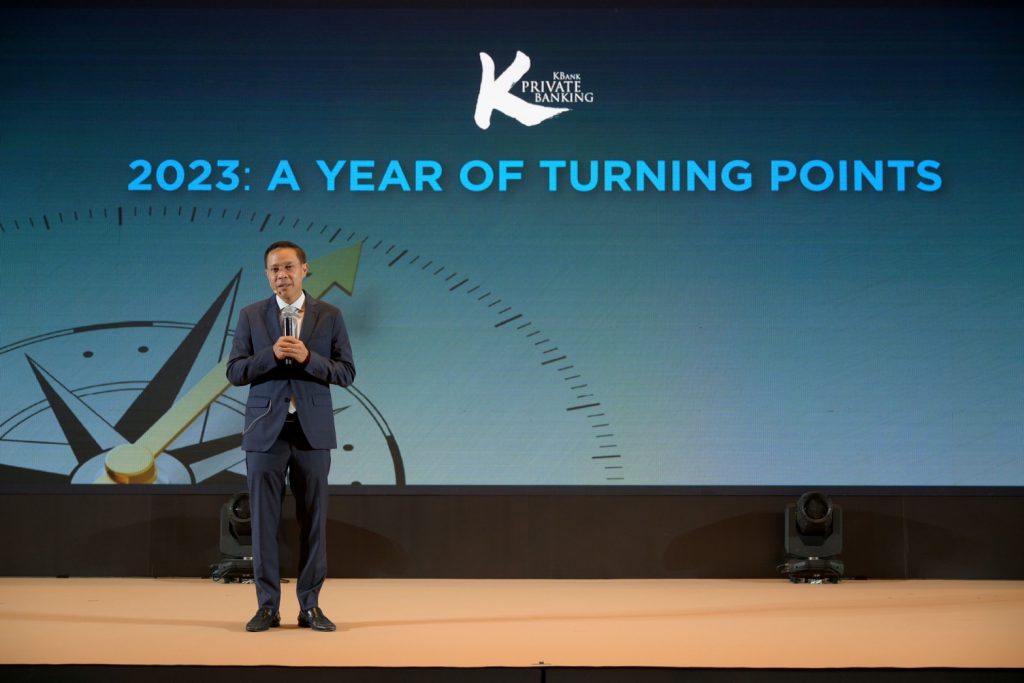
Mr. Jirawat Supornpaibul, Executive Chairman, Private Banking Group, KASIKORNBANK, said, “The investment landscape in 2022 was highly challenging due to the depreciation of almost all asset classes. However, economic conditions in the early 2023 have been beneficial for investment so far, from gradual disflation in goods despite service prices remaining high from the tight labour market, and policy interest rates of global central banks – particularly the US – close to reaching their peaks and likely stay at an elevated level throughout 2023. We expect the economies of developed countries to enter a Slow Down while emerging markets are likely to be boosted by China reopening.”
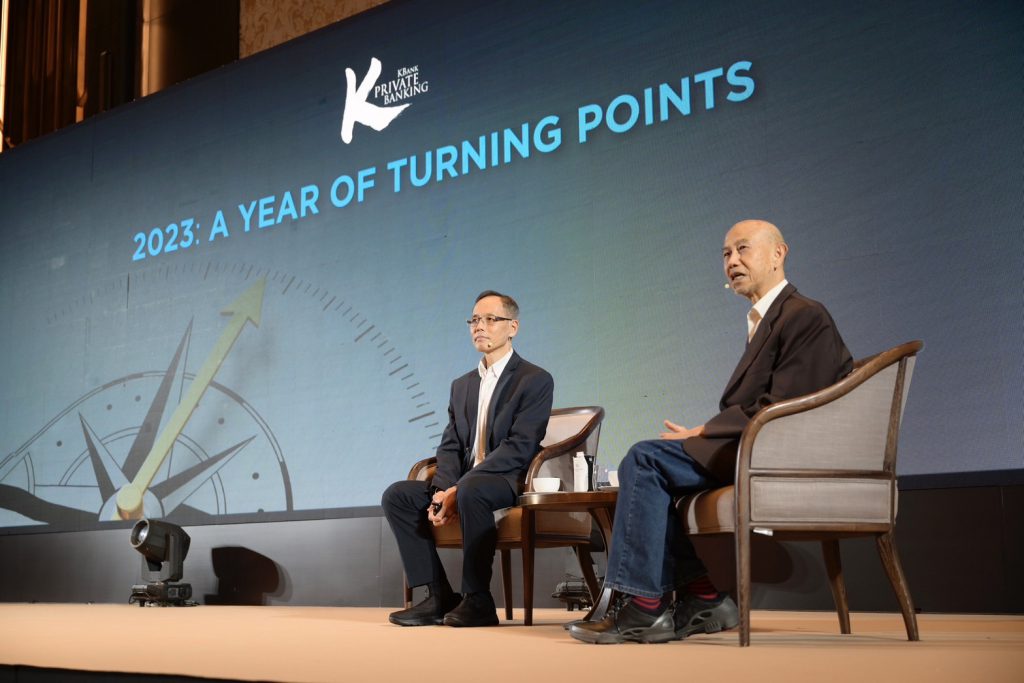
Mr. Charl Kengchon, Executive Chairman of Kasikorn Research Center, added, “With Thailand’s economy continuing to regain recovery, KResearch hasupgraded its 2023 GDP growth projection to 3.7 percent, owing to an upswing in the toursim sector as China reopened the country sooner than previously forecast. According to the latest estimation, international tourist arrivals are likely to reach 25.5 millions. Exports, however, remain under pressure from a slow global economy and a strong baht, which is expected to persist throughout the year. Thailand’s exports, therefore, are projected to contract by 0.5%.”
As for the global economy in 2023, Lombard Odier expects continuous pressures from various negative factors before the recovery can materialize, with three key takeaways as follows:
Inflation has started its descent but central banks will remain restrictive for a while
Inflation has peaked and is rolling over thanks to falling energy costs.
Service inflation remains elevated and related to the strength of labour markets.
Central banks should stop hiking in Q1’2023 but refrain from cutting rates for an extended period of time.
Europe & energy driven supply shock
The prospect of a full-blown energy crisis this winter has become less likely. We see little risk of shortages.
On top of the benefits of a warm winter so far, European governments have taken measures to mitigate the impact on households and corporates.
New equilibrium in natural gas and oil markets reduces the impact of military developments in Ukraine.
China & zero Covid policy
Spiking cases and fatalities should create volatility in economic activities as consumers adjust to the novelty of high infection environment.
Activities to accelerate on a faster timeline than our initial expectation, after volatility in Q1 due to COVID waves.
Government leaning on dovish monetary policy and industry deregulation to address downside risks from initial turmoil related to the rapid re opening process.
Given the recent peak in US 10-year real yield and China reopening, Lombard Odier shared their ten investment convictions for 2023 based on major turning points to watch as follows:
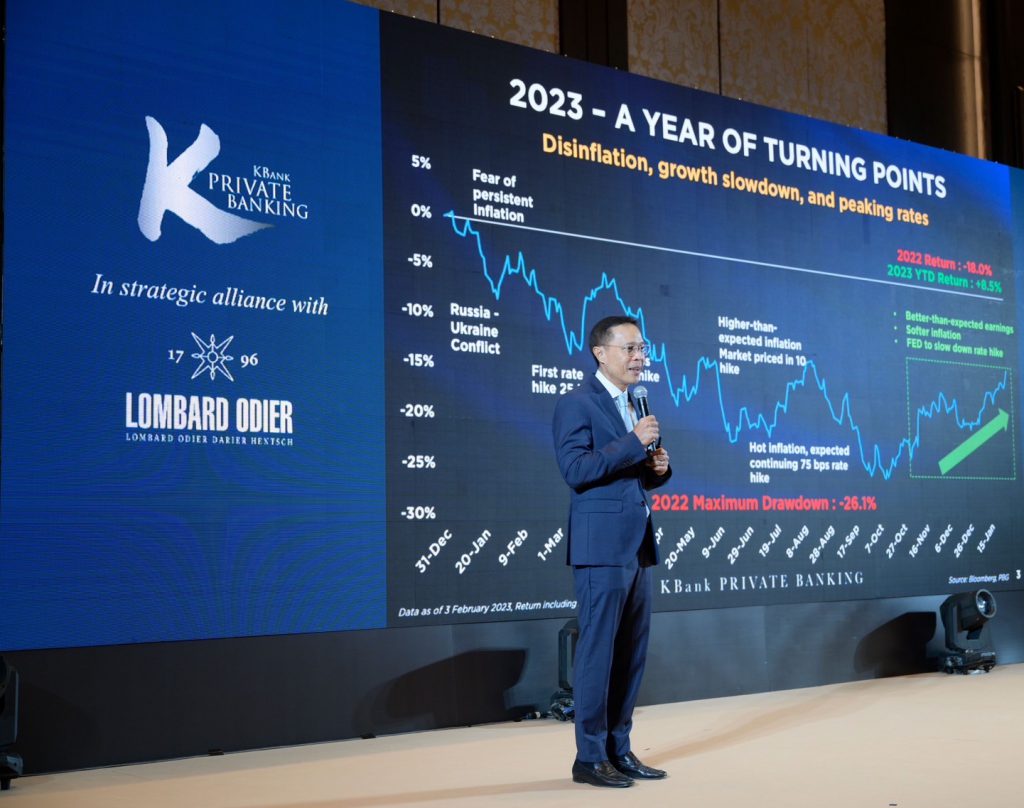
Peak in 10-year real yield
Inflation has started to roll over. Monetary policy tightening in the western world, amid a global downturn in economic activity, translates into an unfavorable set up for risk assets.
Macro conditions warrant a cautions exposure to risk assets focusing on assets that can better withstand the impact of weaker growth or higher rates.
Sovereign and high-quality corporate returns look promising in 2023.
Peak in US dollar
We prefer quality and diversification across asset classes. We look for quality companies with ability to defend their margins and exposed to China reopening.
Earnings per share (EPS) will be revised downwards as margins squeeze due to elevated input costs and reduced customer buying power.
Emerging markets will be boosted by China Reopening. After a Fed pivot, we expect emerging assets to rebound. However, a shift in sentiment and growth dynamics is needed.
Recession
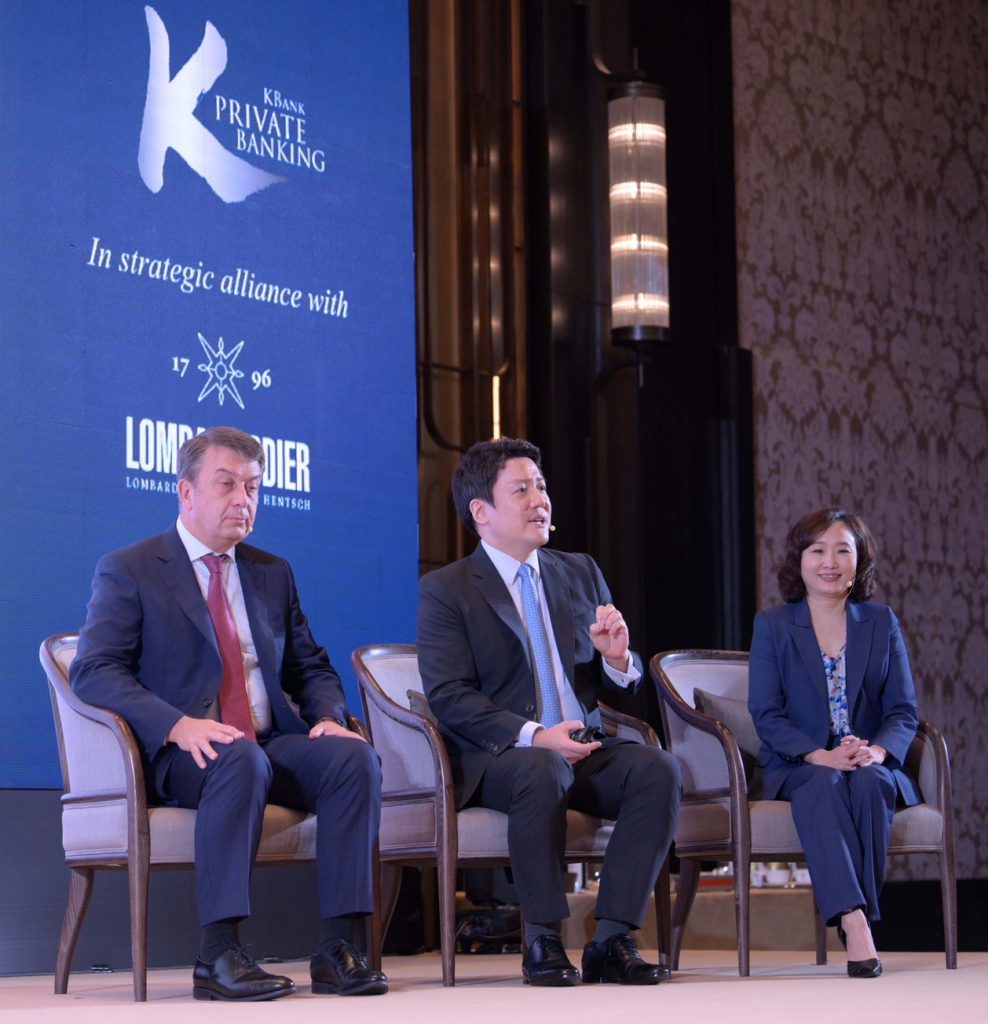
Given current volatility levels and upcoming geopolitical concerns, we recommend asymmetric return profiles.
Global growth and real yield models have turned for weaker USD in 2023
High yield credit will become increasingly attractive as investor sentiment improves, appetite for risk assets will increase.
Start of rate cuts
With lower rates, a weaker US dollar, and China reopening, gold prices should rise.
Mr. Jirawat concluded that, “In response to key turning points of this year’s global economy, we recommend clients to expand return opportunities through alternative assets, such as hedge funds and private assets, and increase investments in fixed-income, global equities under the theme Winner of the New Economy, China and Asia equities under the theme The Rise of China and Asia, as well as sustainability funds and mixed funds, namely K-ALLROAD Series* to minimize portfolio risks.”
To learn more about 2023 economic and investment outlook, please view the seminar “2023: A Year of Turning Points” at KBank Private Banking YouTube Channel: https://www.youtube.com/c/KBankPrivateBanking.



